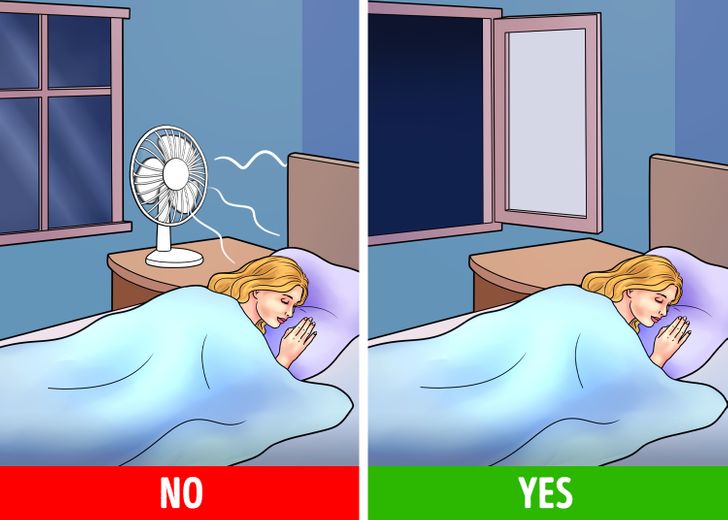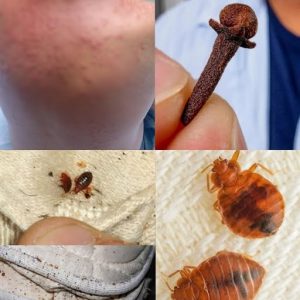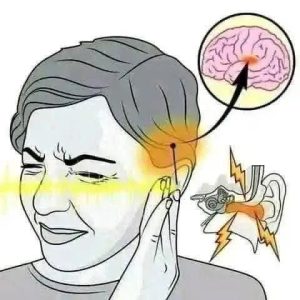Some people can’t sleep without their fan on. Whether it’s because of hot summer nights or because the sound helps them to fall asleep, the wind blowing directly at them is a necessity. But although the fan itself is not a toxic object, using it at night can lead to certain consequences.
We have some simple solutions for how you can have cooler nights without it.
1. It will dry out your mouth and nasal passages.
Studies reveal that leaving the fan on can help evaporate sweat and moisture from your body, leading to dehydration and the drying of the mouth and nasal passages. If you live in a dry area, this needs special attention, since these consequences can appear even faster. In general, however, a cup of water is more than enough to restore the water you need.
2. It can make your allergies worse.
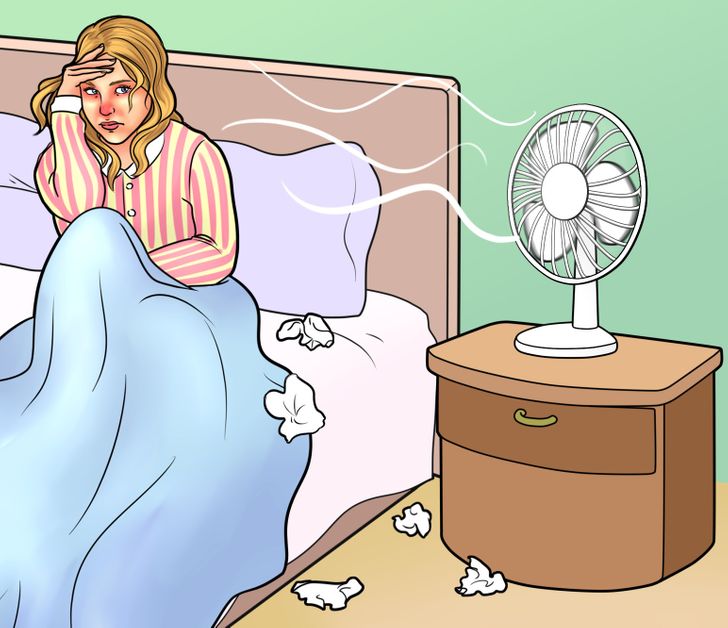
If you have allergies, sleeping with the fan on is not a good idea. According to researchers, the wind can help circulate allergen particles, increasing your chances of asthma, dry eyes, eye allergies, and hay fever.
3. It’s one of the causes of muscle cramps.
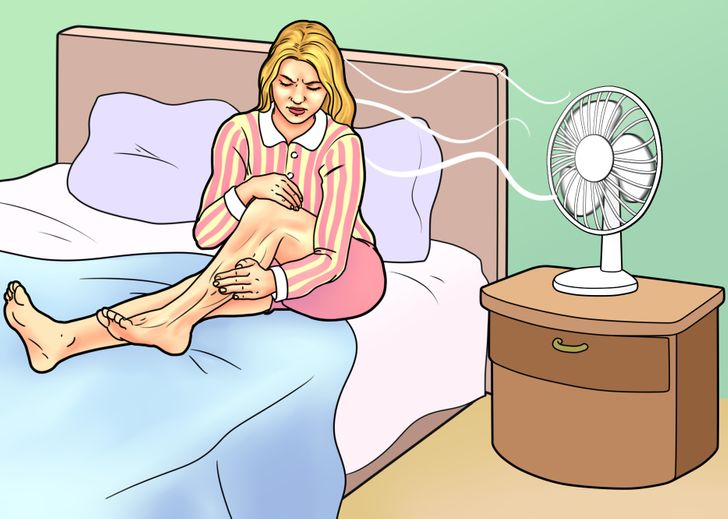
The temperature at night tends to decrease fast and, while exposure to cold is one of the causes of muscle cramps, fans can expose you to more concentrated and constant cool air, blowing directly at you. On the other hand, if you’re experiencing hot nights, the air blowing from the fan can increase your core temperature, leading to heat-related illnesses, like nausea or headaches.
4. Sleep with a window open.
